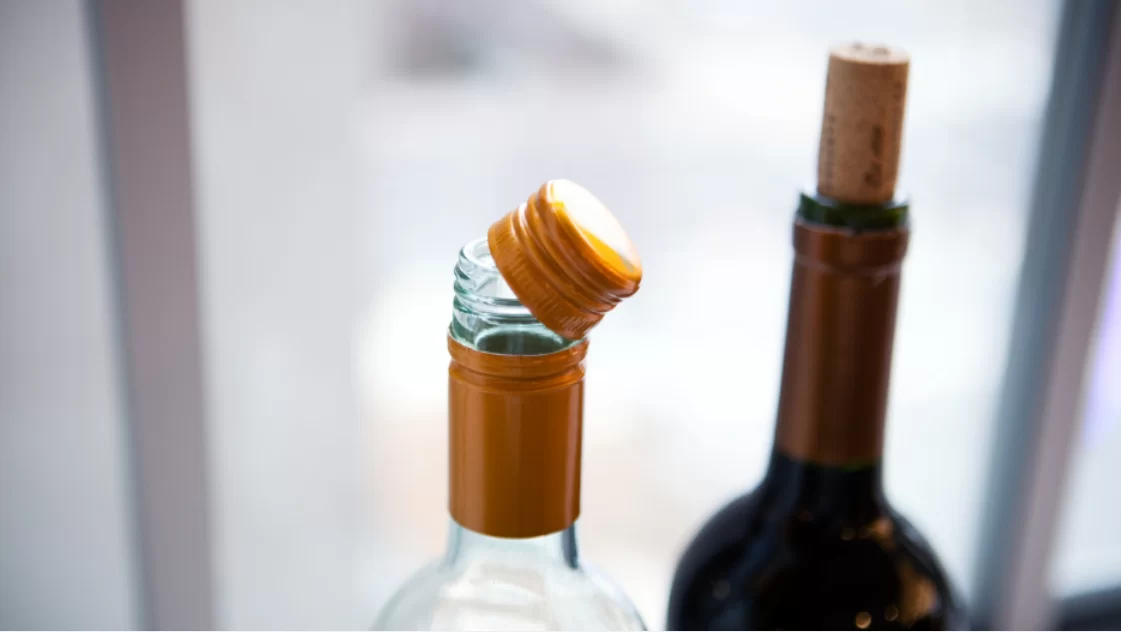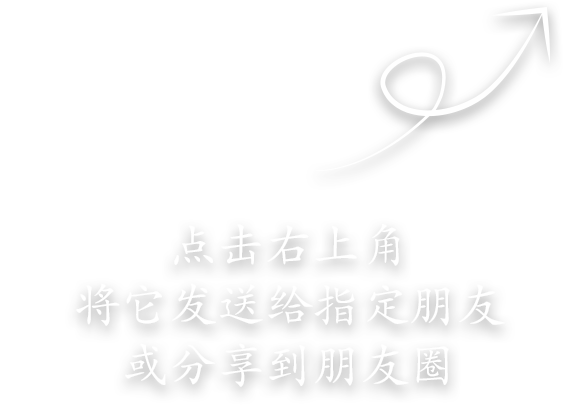For wineries, selecting the right glass wine bottle and closure is critical for branding and product integrity. While corks have long been the traditional choice, screw caps are gaining traction—especially in New World wine regions. Here’s a concise breakdown to help you decide.
Why Bottle Closures Matter
Closures protect wine from excessive oxygen exposure, which causes oxidation (stale, nutty flavors and color loss). Proper closures balance oxygen intake for aging while preserving freshness.
Key Closure Types
Natural Cork
Pros: Allows minimal oxygen for aging, traditional appeal, biodegradable, Coravin compatibility.
Cons: Risk of cork taint (TCA, ~3% of wines), requires a corkscrew, prone to breakage with age.
History: Used for millennia, sourced from Mediterranean cork oak bark.
Screw Caps
Pros: Airtight seal, no cork taint, easy to open, recyclable.
Cons: Perceived as "cheap," incompatible with Coravin, potential reductive odors.
History: Invented in the 1950s; now preferred by 90% of Australian and New Zealand wineries for consistent quality.
Market Trends
Old World: Cork dominates for aged, complex wines tied to tradition.
New World: Screw caps are standard for vibrant, fruit-forward wines.
Customization & Packaging
Bottle Sizes: 750ml is standard, but 375ml, 1.5L (magnum), and larger formats are available.
Design: Custom glass bottles (e.g., black/blue finishes) and decorative options enhance brand differentiation.
No closure is universally superior. Cork suits aging wines with a traditional aesthetic, while screw caps ensure reliability and modern appeal. Partner with a trusted glass manufacturer to align closures with your brand’s vision and target market.







